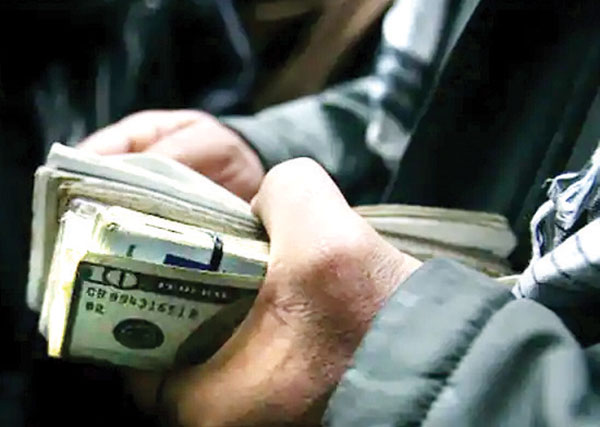𝐖𝐡𝐚𝐭 𝐢𝐬 𝐭𝐡𝐞 𝐦𝐞𝐚𝐧𝐢𝐧𝐠 𝐨𝐟 𝐭𝐡𝐞 𝐇𝐚𝐰𝐚𝐥𝐚 𝐬𝐲𝐬𝐭𝐞𝐦 𝐭𝐨𝐝𝐚𝐲?
Hawala is used in India, Middle East and South Asia and it is an ancient system of transferring money.
Hawala can be defined as a money transfer method, which takes place outside the traditional banking system and requires a minimum of two Hawala dealers (or hawaladars) that take care of the “transaction”.
An individual who wants to transfer money to another country gets in contact with a Hawala dealer (dealer A). He gives him/her the money plus a commission and the information of the beneficiary of the funds.
At this moment, the individual receives a unique code. The dealer contacts (i.e. via phone or fax) a Hawala dealer (dealer B) from the country where he wants to send the money. The dealer B will give the amount of money that the dealer A asked him to give to the designated person, who has to reveal his code in order to prove that it is him/her the receiver of the money.
𝗛𝗮𝘄𝗮𝗹𝗮 𝗱𝗲𝗮𝗹𝗲𝗿𝘀: 𝘁𝗵𝗲𝗶𝗿 𝗸𝗲𝘆 𝗿𝗼𝗹𝗲 𝗶𝗻 𝘁𝗵𝗲 𝘀𝘆𝘀𝘁𝗲𝗺
There is no physical movement of cash. Hawala brokers are the key people in these transactions. The whole system is based on the trust (which is actually what “Hawala” means) between them. They keep an informal journal to record all their transactions, and they settle their debt in different ways. It is essential to mention that Hawala brokers are neither licensed nor supervised.
𝗥𝗲𝗮𝘀𝗼𝗻𝘀 𝘄𝗵𝘆 𝗛𝗮𝘄𝗮𝗹𝗮 𝘁𝗿𝗮𝗻𝘀𝗮𝗰𝘁𝗶𝗼𝗻𝘀 𝗲𝘅𝗶𝘀𝘁
The question that arises is why use the Hawala system and not a conventional banking system? Although a traditional banking system seems and probably is a safer way to transfer money, Hawala is used a lot by immigrants who want to send money back to their families or vice versa. It is a popular way to move money because in comparison to the banking system, Hawala is cheaper, faster and less transparent.
The Financial Action Task Force (hereafter “FATF”) published a report on Hawala, in December 2013. The report refers to the results of a questionnaire answered by individuals in 22 countries and the reasons why Hawala is used according to them. Based on the results, the main reasons for the use of Hawala can be summarised as :
Cheaper Money Transmission
Faster Money Transmission
Cultural Preference
Lack of banking access in the receiving or sending country
Higher trust in Hawala system than the banking system
Avoid Currency Controls
Avoid Law Enforcement Agencies
Tax evasion
Transfer and mask criminal actions
The nature of these transactions, as revealed by the reasons for the use of Hawala system, have inevitably led to compliance implications.
